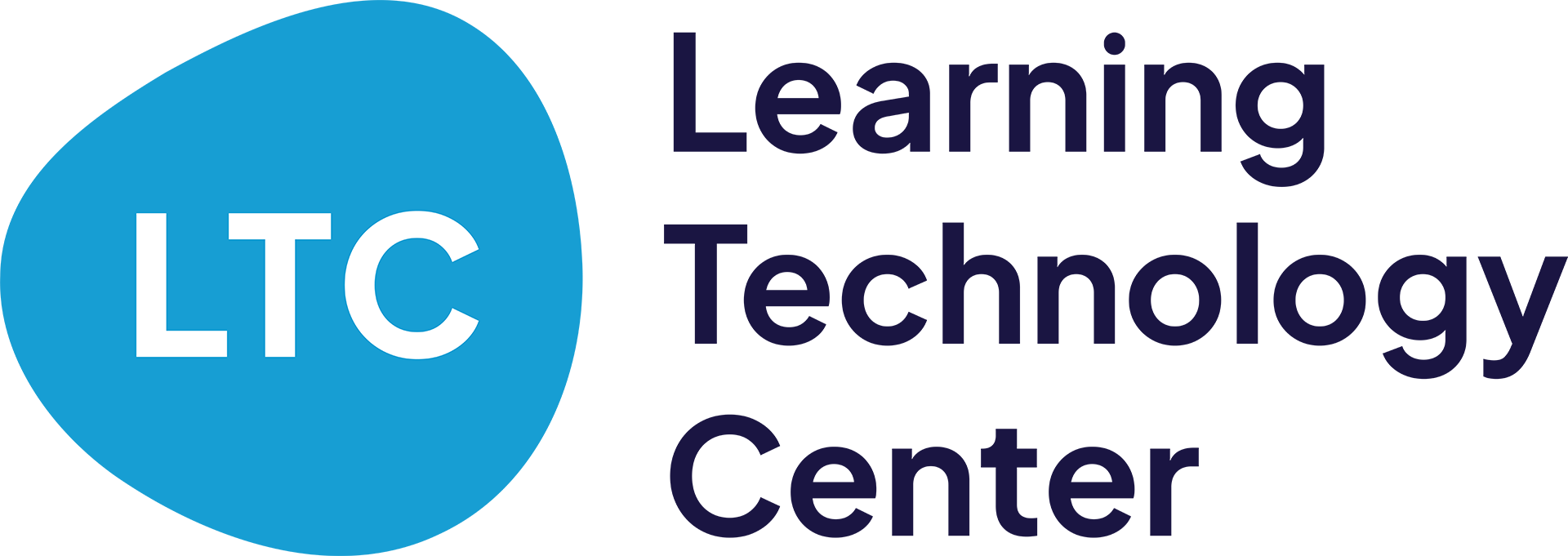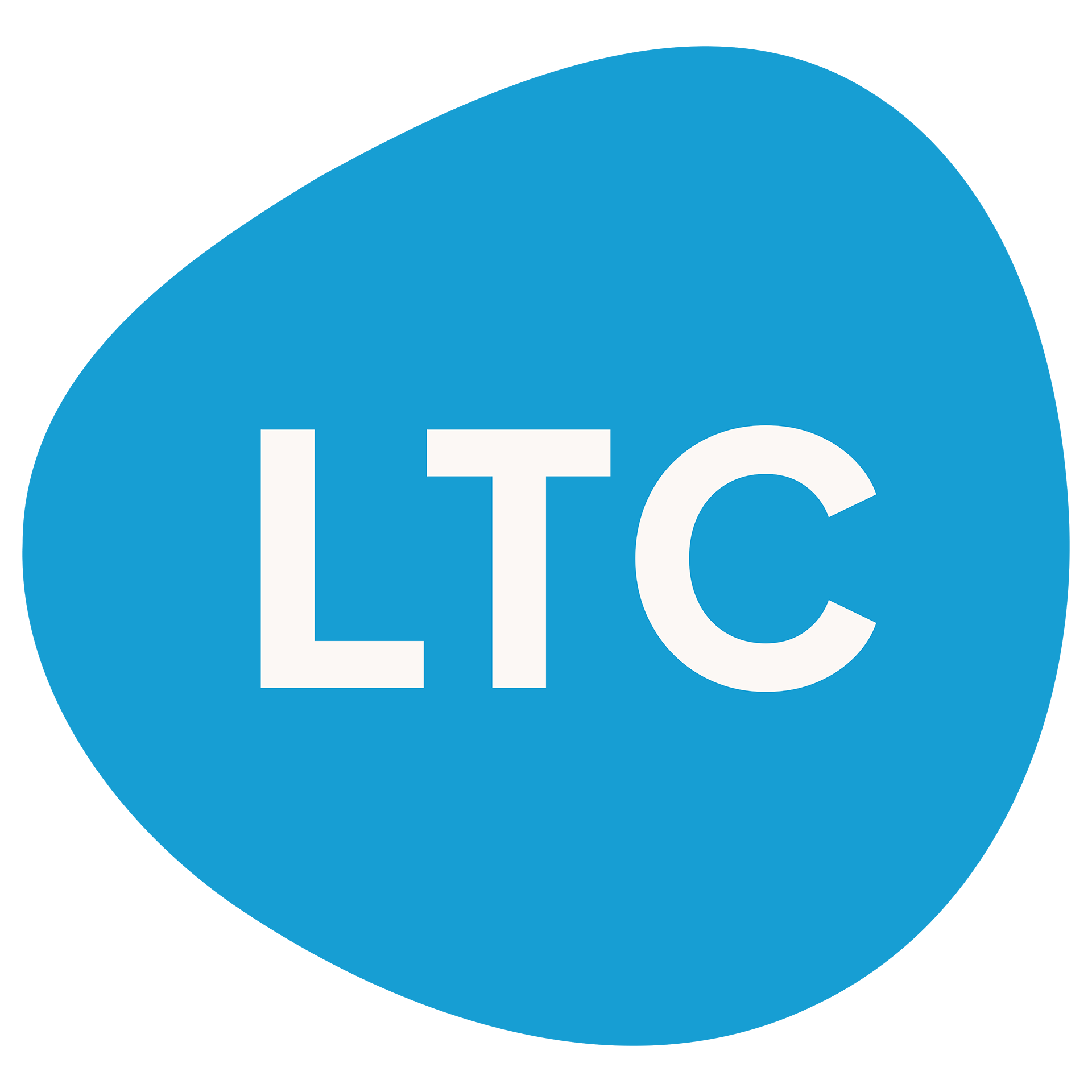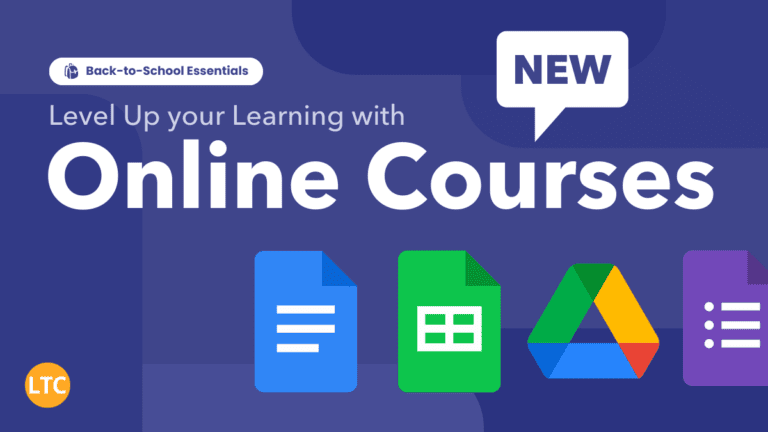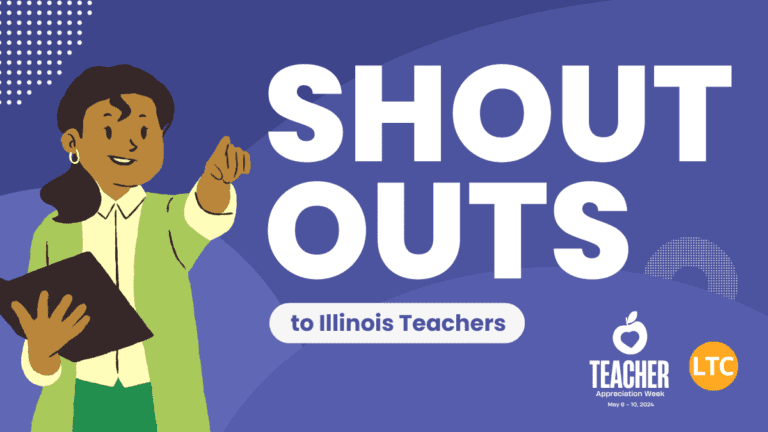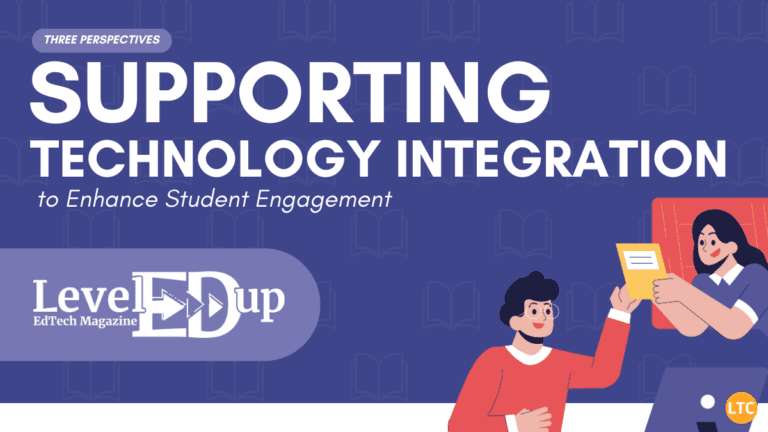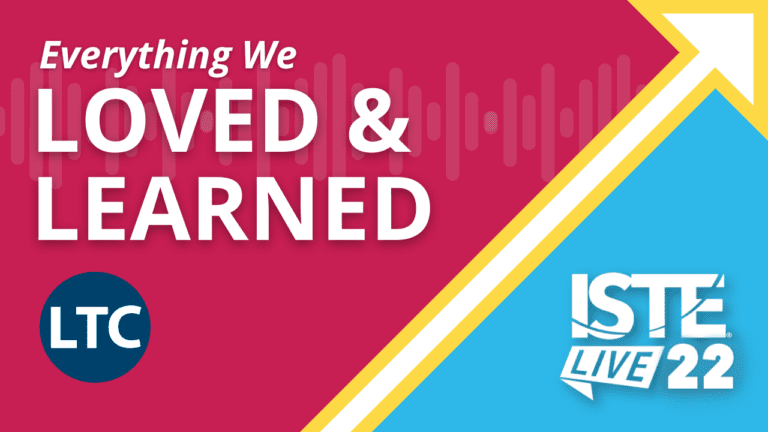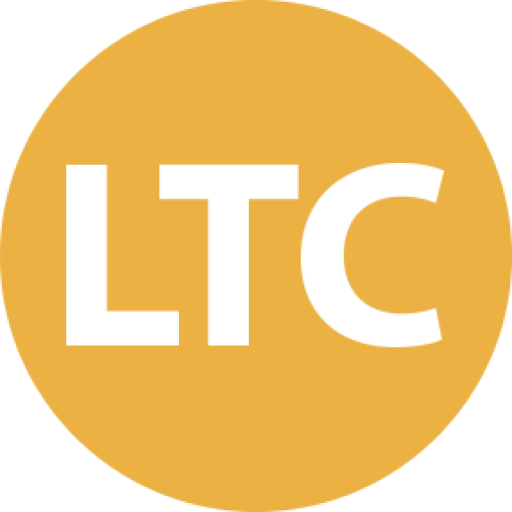Now more than ever, technology has become an essential part of nearly every classroom. From teaching 21st century skills to teaching remotely, today’s edtech empowers educators to meet their students’ needs and guide them to deeper levels of engagement on a daily basis.
But before a teacher can implement a new piece of educational technology, they must first feel confident in their own mastery of a device or platform. In many cases, educators at any grade level can reach that summit by working with an instructional technology coach.
This year, the Learning Technology Center (LTC) is expanding its popular Instructional Technology Coaching Program. We believe that many districts across Illinois can benefit from embedded instructional technology support, and that our program can make that resource both accessible and affordable.
Already, one of the LTC’s instructional technology coaches has made a marked difference for three districts in northern Illinois. Learn more about our current program below to see if it is a good fit for meeting your district’s ongoing edtech needs.
What is an Instructional Technology Coach?
At their core, an instructional technology coach serves as a partner to a district’s teachers by offering them personalized support with their edtech integration. After identifying a classroom challenge, instructional technology coaches and teachers collaborate to brainstorm solutions, implement strategies, and reflect on progress afterward.
In a larger sense, instructional technology coaching is an ongoing, job-embedded form of professional learning that is grounded in day-to-day teaching and learning practices. Over the long-term, instructional technology coaching is designed to enhance teachers’ utilization of educational technology, with the further goal of improving student learning outcomes.
What does an Instructional Technology Coach Do?
As part of your district’s support team, an instructional technology coach can play a critical role in keeping teachers on the right track toward continuous professional learning. To do this, an instructional technology coach can take on a wide variety of responsibilities, based entirely on your district’s needs.
Some of the most common instructional technology coaching responsibilities include:
· Facilitating coaching cycles
· Co-planning
· Co-teaching and modeling
· Offering observational feedback
· Resource creation
· Data analysis
· Group instruction
· Device or platform-specific training
· One-on-one meeting
Our instructional technology coaches are not limited to a certain set of tasks, however. The district retains a high level of control over daily responsibilities and overall goals. As a result, our instructional technology coach’s work within your district or even a specific building can be modified to meet the faculty’s evolving needs.
For example, one of our current instructional technology coaches, Elizabeth Byam, was working with several districts in northern Illinois during the first half of 2020. As a result, she played a critical role in helping her districts transition to fully remote learning. Even now, as those same schools begin to transition back into the classroom, Elizabeth has helped teachers in all of her districts learn to use platforms like Google Classroom, Seesaw, Screencastify, and more in their standard instruction regiment.
How can an Instructional Technology Coach Benefit my District?
At a basic level, most every district in Illinois can benefit from hiring an instructional technology coach. Between their day-to-day support and their high level of professional competence, an instructional technology coach can quickly make themselves a valuable member of any district’s support team.
Short- and long-term benefits can differ from district to district, based upon their priorities and goals for professional development. Even so, each coach’s consistent goal is to help educators improve their teaching practices and enhance their technology integration – all while improving student learning opportunities.
Instructional technology coaching programs can also provide administrators and other decision-makers with an up-to-date understanding of their faculty’s technology competence and confidence. To that end, an instructional technology coach can help take the pulse within an educational team and offer insights to key stakeholders when it comes time to evaluate progress.
As an added bonus, working with an LTC instructional technology coach will also put you in direct connection with the LTC’s skilled team of edtech experts. This includes access to the LTC’s online community, as well as the ability to seek further edtech support through our network of regional educational technology coordinators (RETCs).
Simply put, an instructional technology coach can make the difference when it comes to reaching your district’s edtech utilization or integration goals. Whether they are initiating one-on-one coaching cycles, facilitating grade-level team discussions, or leading large-group professional learning opportunities, they will help make long-term technology integration a reality in your district.
What’s the Cost of Hiring an Instructional Technology Coach?
Hiring an instructional coach on your own can be challenging when it comes to cost. However, the LTC utilizes a cost-sharing model that makes instructional technology coaching accessible to more districts in a geographic region.
In essence, this shared-service model identifies several schools or districts in a region that are seeking instructional technology support. Then, we work to find coach candidates who can split their time between those several facilities. Each district has an opportunity to contract their coach for between 10 and 180 days a year, too, so costs can be controlled accordingly.
Through a shared-service model, small- and medium-sized school districts that do not need a full-time instructional technology coach can access the benefits of coaching without adding staff or committing to a full-time employee.
Supporting your Instructional Technology Coaching Needs in 2021
This spring, the LTC plans to work with districts across the state to identify their instructional technology coaching needs. From there, we will begin hiring LTC-employed instructional coaches and pairing those coaches with districts in shared geographic areas.
If you are interested in joining our Instructional Technology Coaching Program, then we want to hear from you. Contact Tim McIlvain at tmcilvain@ltcillinois.org so that we can begin to access your district’s needs.
You can also learn more about the Instructional Technology Coaching Program on the program’s homepage.




